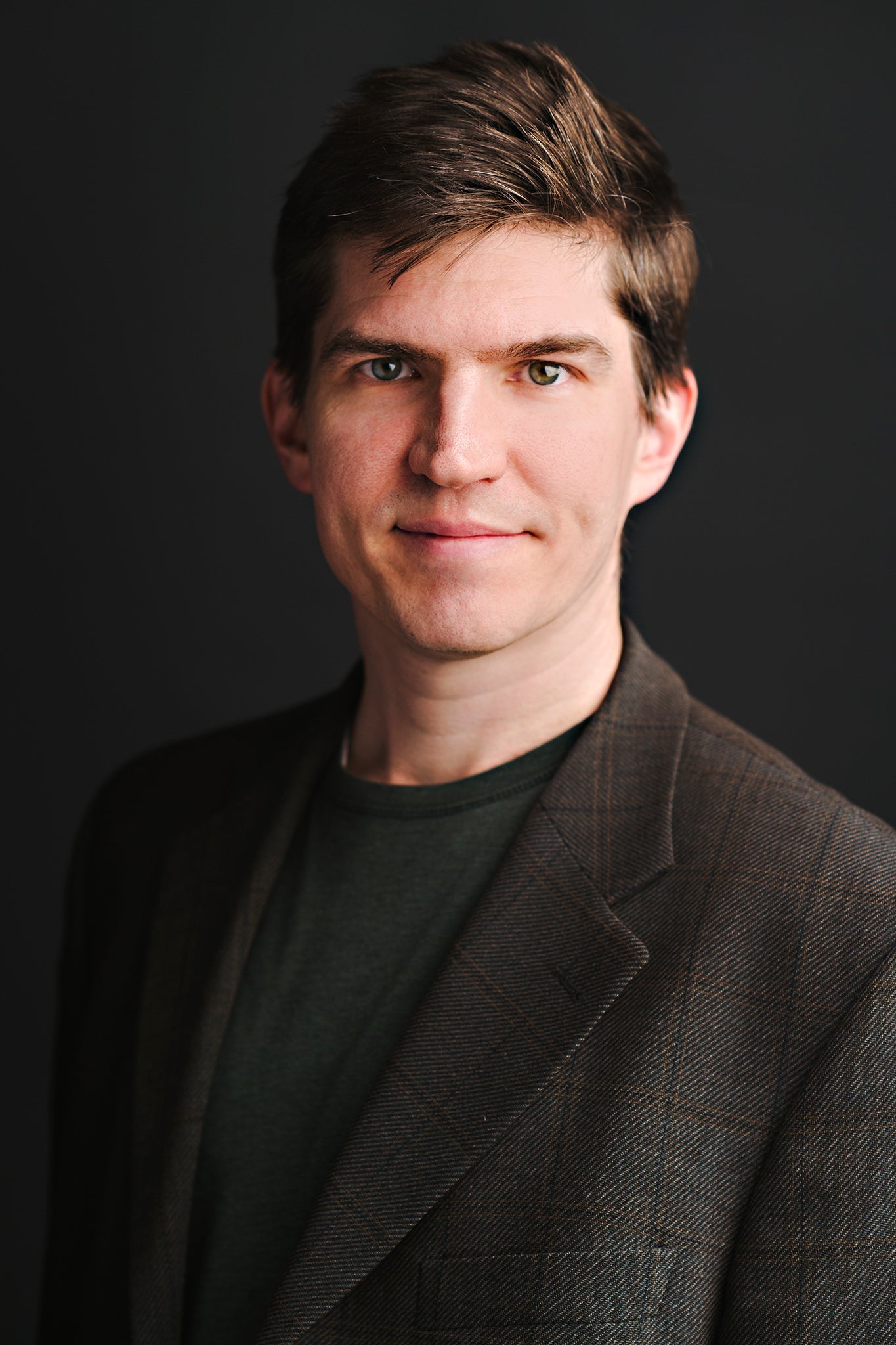PhD, University of Warwick

Office: MC 6124
Homepage
Other affiliations
Core Member, Waterloo Institute for Complexity and Innovation (WICI)
Chris Bauch is a full professor and a university research chair in the Department of Applied Mathematics. His research group develops mathematical and computational models of the dynamics of natural systems, such as ecosystems or infectious diseases. The particular emphasis is on understanding how human systems and natural systems interact with one another, and how this understanding can be used to improve ecosystem health and human health. His study systems include forest-grassland ecosystem mosaics, forest pest infestations, childhood vaccine scares, and influenza vaccination, among others (see homepage for details). His work has reached a wide public audience through the media, having been covered in The New York Times, Scientific American, USA Today, BBC News and other sources. His research has also been published in top journals such as Science and Proceedings of the National Academy of the USA. His research partners have included the World Health Organization, the United States Food and Drug Administration, and the Bill and Melinda Gates Foundation. He is also a recipient of a CIHR New Investigator Salary Award, a MRI Early Researcher Award, and a Marshall Scholarship.
Research interests
- Mathematical Biology
- Ecology and Epidemiology
- Sustainability Science
- Dynamical Systems
- Behavioural Models